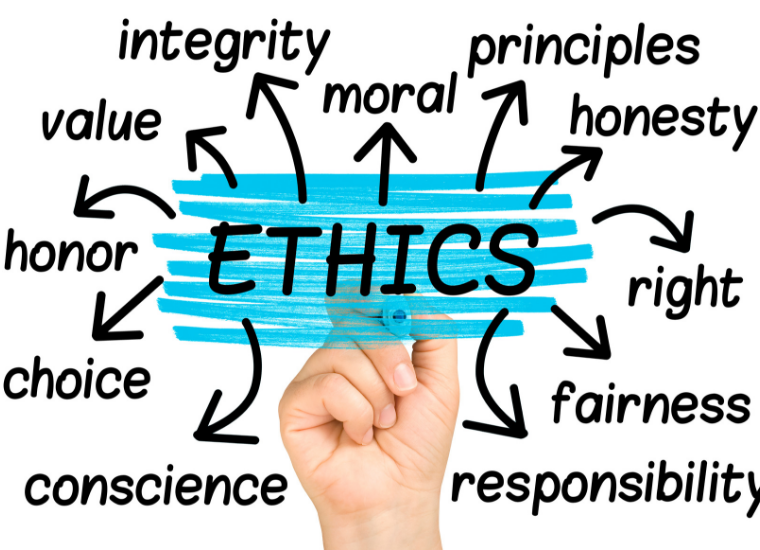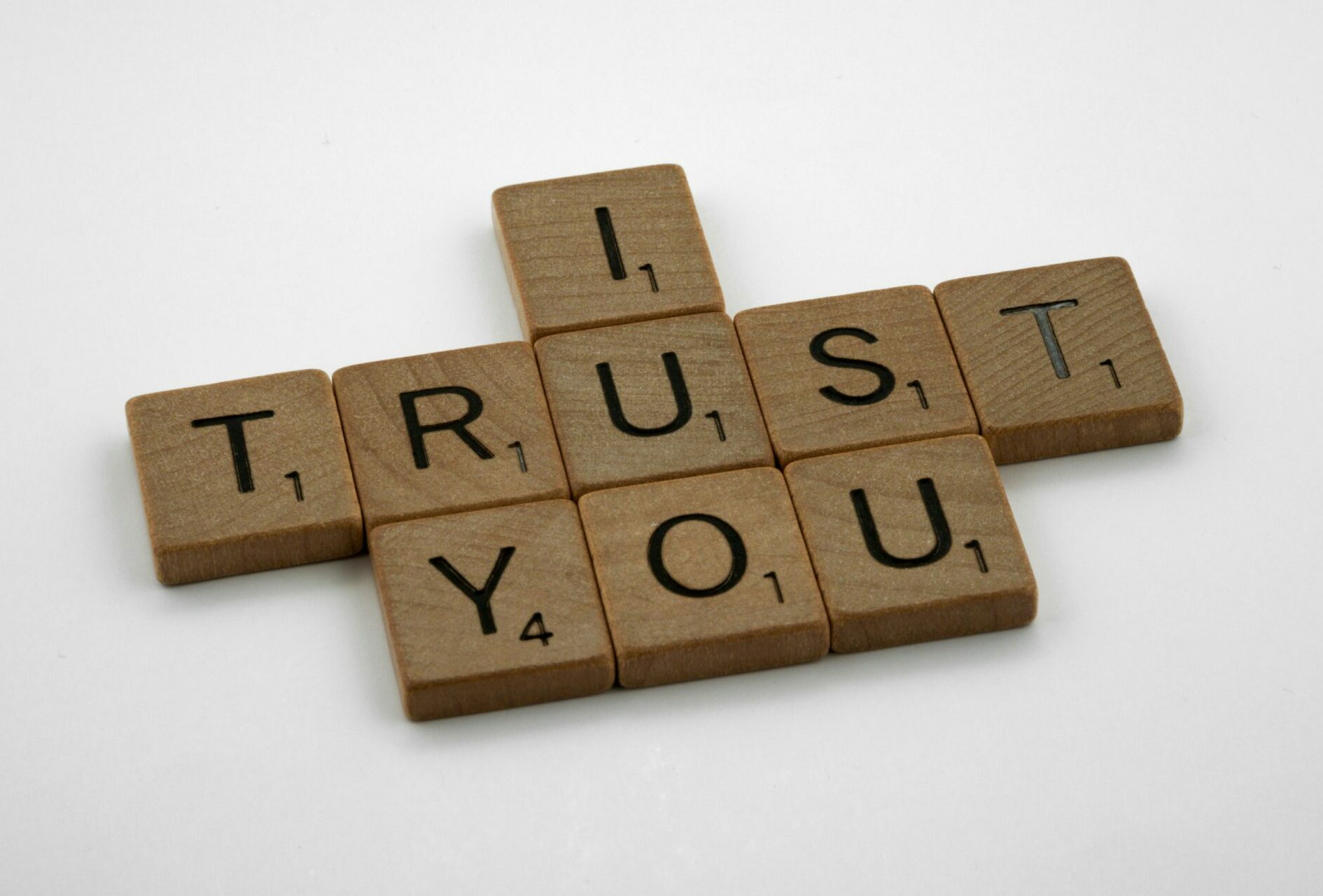
Having a code of ethics, and then living by that code, is a mark of a strong mentor or supervisor. As a guide and caretaker of others, you set an example by reflecting on your own beliefs and becoming aware of the codes of ethics at play around you.
Colossians 3:12-14 (NIV) sets a great foundation for an ethical code:
12 Therefore, as God’s chosen people, holy and dearly loved, clothe yourselves with compassion, kindness, humility, gentleness and patience. 13 Bear with each other and forgive one another if any of you has a grievance against someone. Forgive as the Lord forgave you. 14 And over all these virtues put on love, which binds them all together in perfect unity.
What is your code of ethics?
A code of ethics is there to help you stay morally consistent. It helps you to distinguish right from wrong, to know what situations require action, which require patience, and which call for you to walk away. For a professional mentor/supervisor, this code also helps to establish boundaries, safety tools and wisdom. Many areas in mentoring/supervising can be complex, and it’s important to know your stand on these issues before facing them. For example; where do you stand on dual relationships with clients? How close can you be with a mentee? Where are your boundaries?
Lacking an ethical code means that you are in danger of breaching ethical boundaries and harming yourself, your clients and those around you. Take time for some deep reflection and decision making—what is my ethical code?
Values
Consider what you value. What behaviours are exhibited by these values? Don’t just copy another person or organisation as King Darius did in Daniel 6; jealous administrators plotted to entrap Daniel and created a law banning worship of anything other than the king. King Darius agreed to this without considering the ramifications. He was ‘deeply grieved’ when he realised that his behaviour, inconsistent with his values, meant Daniel would be executed.
Make sure to consider your values, the associated behaviours and the ramifications of those behaviours.
What are the codes of ethics at play around you?
There are codes of ethics all around us. Likely, our mentees/supervisees have a code of their own. Organisations you may work for, churches and corporations, will also have a formal code. Usually, this involves prohibited and cautionary behaviour. For everyone involved, it is important to understand each other’s ethics, and acknowledge differences in your codes. There may be situations where the difference between ethical codes may require you to walk. For example, if you are brought in as a professional supervisor for a company that requires their workers to work overtime, to push through burnout and to develop unhealthy practices, you, ethically, may not feel that you should support this behaviour, and therefore, decide to turn down the offer. The goal is to have safety for all.
How do I handle a slip in ethics?
Everyone faces a slip in their own ethical code now and then. This could be anything from accidentally sharing a small detail about a session to a friend over dinner or neglecting to report serious and dangerous intentions. Regardless of your slip, it is important to face yourself and consider how and why this slip occurred.
My friend and colleague Dr. Wes Beavis describes stage 3 of burnout as the “Loss of emotional stability, personal discipline, and resiliency.” This creates all kinds of ethical slips. We are the most vulnerable to poor choices when we are low on resilience and stability. If you feel you are slipping ask, “Who can help build me up?”
Part of the mentor/supervisor role is to identify slips in mentees/supervisees and help them recover and grow from these mistakes. The first step is always to remove shame. Remind them that everyone makes mistakes, and that our role is not to condemn or judge, but to walk alongside them and bring change.
Ask yourself: Are they transparent? Are they willing to be helped? Can I help them? Do they need specialist help alongside my help? Is anyone else being harmed by their discipline slip?
More References:
Learn more about Dr. Beavis’s work and how it can help you at his website drwesbeavis.com or buy his incredible book Let’s Talk About Ministry Burnout here: https://www.drwesbeavis.com/product/ministry-burnout/
Take a look at my book Burnout and Beyond. I share my own story with burnout and disciple slips and how to build up resilience again: https://www.amazon.com.au/Burnout-Beyond-dangers-depletion-health-ebook/dp/B0B4M74PBB
Continue reading with these articles…
Recent Posts
Categories
- Coaching
- Emotional Health
- Empowering Transformative Action
- Flourish
- Gauges
- Grief
- Grief
- Healthy Emotional Intelligence
- Healthy Lifestyle
- Mature Disciple: foundational competency for mentoring
- Mentoring Excellence
- Professional Supervision
- Reduced Risk
- Replenish
- Resources
- Seasoned Christian Leadership
- Sustainable Life
- Thriving Relationships
- Uncategorized
- Videos
- Vital Spirituality
- Well-Being
- Well-Being Mentoring



